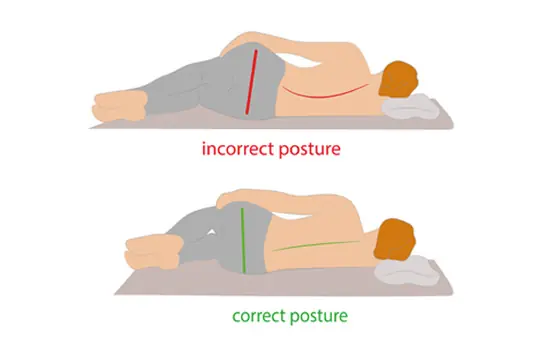
7 Words Depressed People Use More Often
Language is more than just a means of communication—it’s also a window into our emotional and mental well-being. Numerous psychological studies have shown that the words we choose to use, even unconsciously, can reveal much about our mental state. For people struggling with depression, certain words tend to appear more frequently in their speech and writing. These linguistic patterns can serve as subtle indicators of inner distress. Here are 7 words that depressed people often use more than others, and what they may suggest about the emotional battles happening beneath the surface.
1. “Always”
People with depression often fall into patterns of black-and-white thinking. Using words like “always” can reflect feelings of hopelessness and permanence—such as, “I always mess things up” or “Things always go wrong for me.” This kind of language suggests that they view problems as never-ending and unchangeable, which is a hallmark of depressive thought.
2. “Never”
Closely related to “always,” the word “never” can point to extreme negative thinking. Statements like “I never do anything right” or “No one ever understands me” reflect a deep sense of isolation and inadequacy. It shows how the depressed mind often focuses on absolutes, blocking out the possibility of hope or change.
3. “Sorry”
Depressed individuals frequently feel like a burden to others, even when they’re not. As a result, they may apologize excessively, saying “sorry” even when they haven’t done anything wrong. This reveals low self-esteem and a constant feeling of guilt or self-blame.
4. “Tired”
Depression is not just emotional—it’s physical too. Constant fatigue is one of the most common symptoms. People might say “I’m tired” when they’re emotionally drained, mentally exhausted, or simply can’t find the energy to do anything. This word becomes a coded expression for emotional fatigue, not just lack of sleep.
5. “Nothing”
The word “nothing” often appears in the speech of people with depression, especially in statements like “Nothing matters” or “I feel nothing.” It reflects emotional numbness, emptiness, or a sense of meaningless. This emotional flatness can be more difficult to detect than sadness, but it’s equally serious.
6. “Alone”
Depressed individuals frequently feel misunderstood and disconnected from others. Even when surrounded by people, they may say “I feel so alone” or “No one gets me.” This deep sense of isolation is both a symptom and a contributor to worsening depression. The word “alone” often reflects their inner reality, even if it doesn't match their external situation.
7. “Can’t”
Feelings of helplessness are central to depression. Words like “can’t” reveal a loss of motivation and belief in oneself. “I can’t get out of bed,” “I can’t do this anymore,” or “I can’t talk to anyone” show how depression can paralyze a person’s will, making even simple tasks feel impossible.
Conclusion
These words may seem ordinary on the surface, but when used frequently and in certain contexts, they can be powerful indicators of depression. Recognizing these verbal patterns—either in yourself or someone else—can be a first step toward understanding, compassion, and getting help. If you notice these words showing up often in someone’s speech, don’t dismiss them. Instead, consider them a quiet cry for help that deserves to be heard. Mental health matters, and sometimes, the first clue lies in the words we speak.
News in the same category


Sleeping Naked: Surprising Health Benefits Backed by Science

Red Dots on Your Skin? Why You Shouldn’t Ignore These Early Signs of Scabies

10 Best Foods To Support Digestive and Gut Health

10 Early Signs Your Body is Fighting Cancer

20+ Powerful Health Benefits of Corn Silk: How to Use It and Precautions to Know

The Amazing Health Benefits of Winged Beans
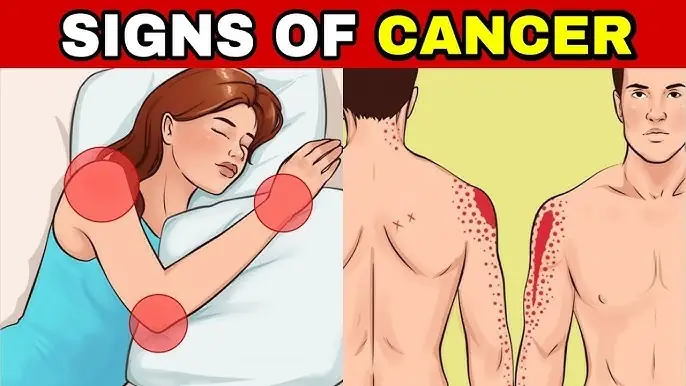
5 Early Cancer Symptoms You Must Not Overlook

Sleeping on your left side affects your health in ways you would have never thought
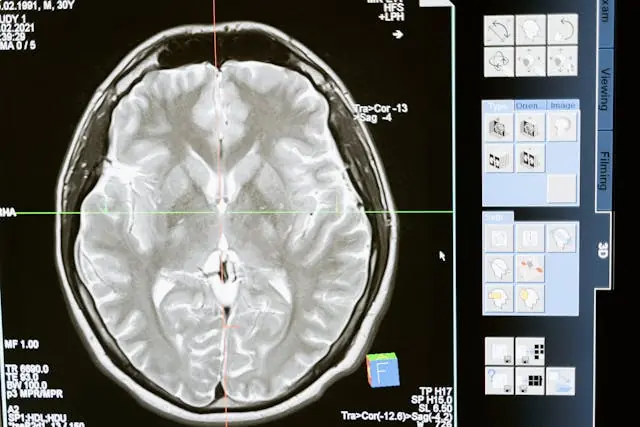
After Being Diagnosed With Dementia at 49, Man Realized The Subtle Red Flag in His Work That Made Him Realize Something Was Wrong
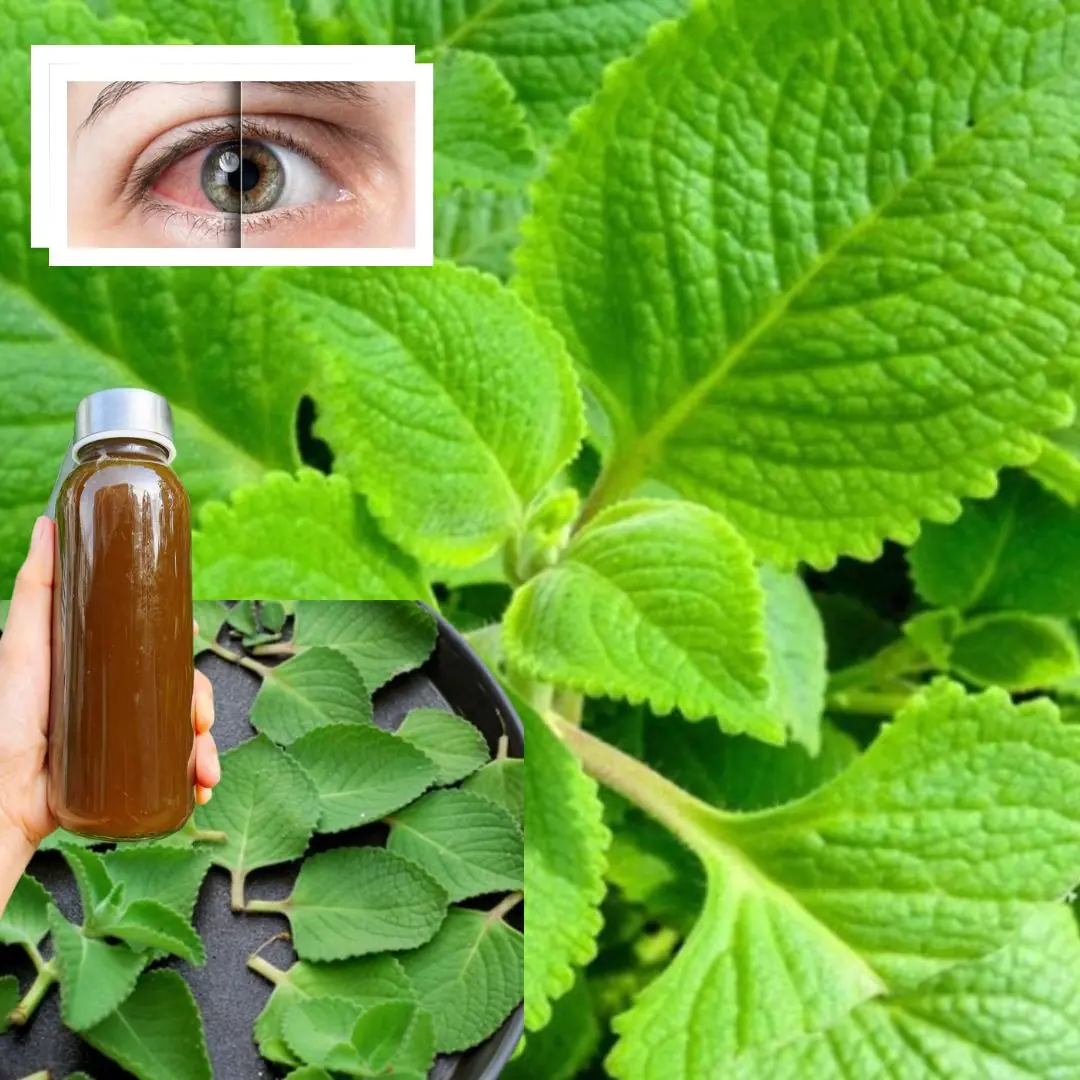
🌿 18 Reasons Why Oregano (Orégano Orejón) Should Be a Staple in Your Home
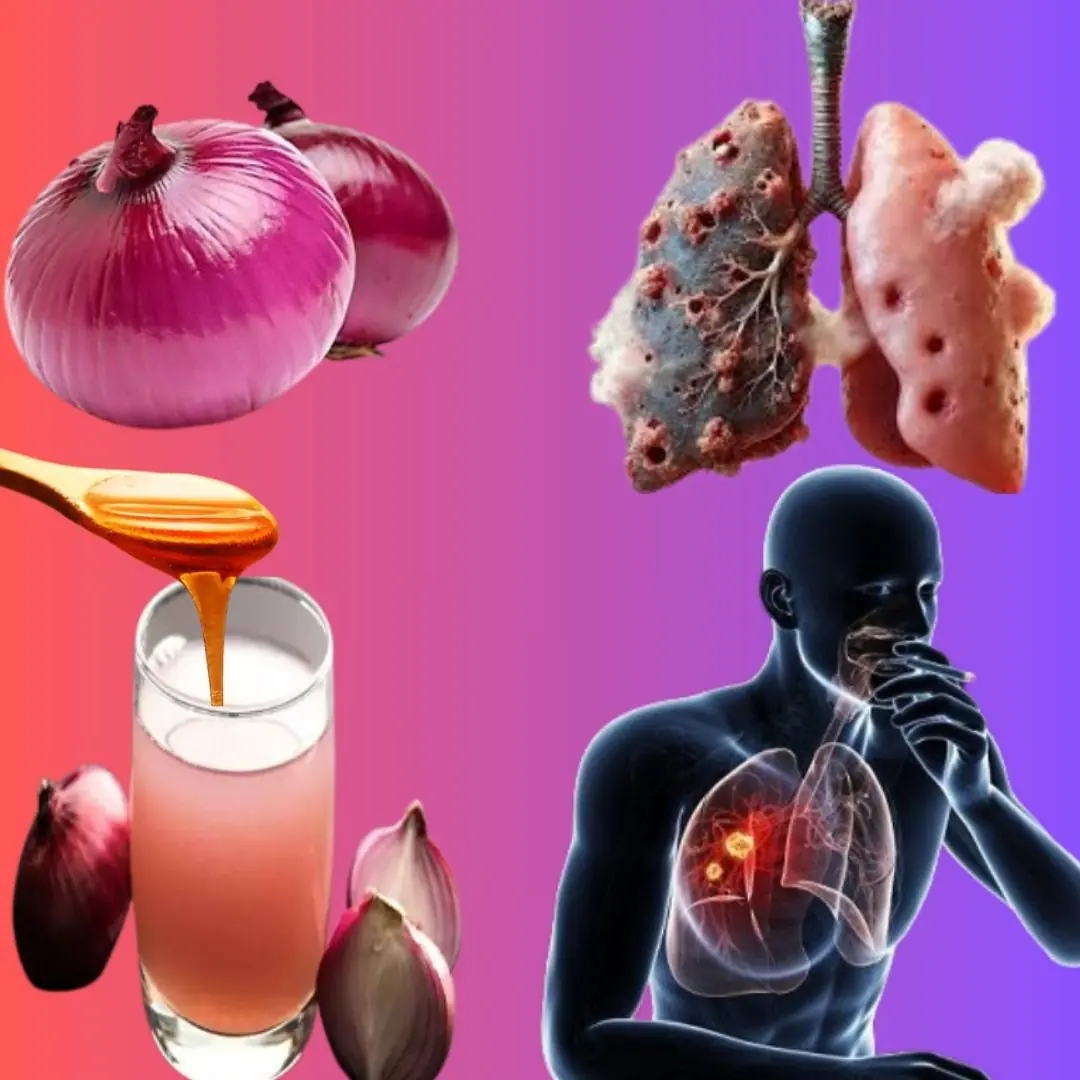
🌬️ Persistent Cough, Mucus Buildup, or Lung Congestion? Try This Powerful Natural Onion Remedy
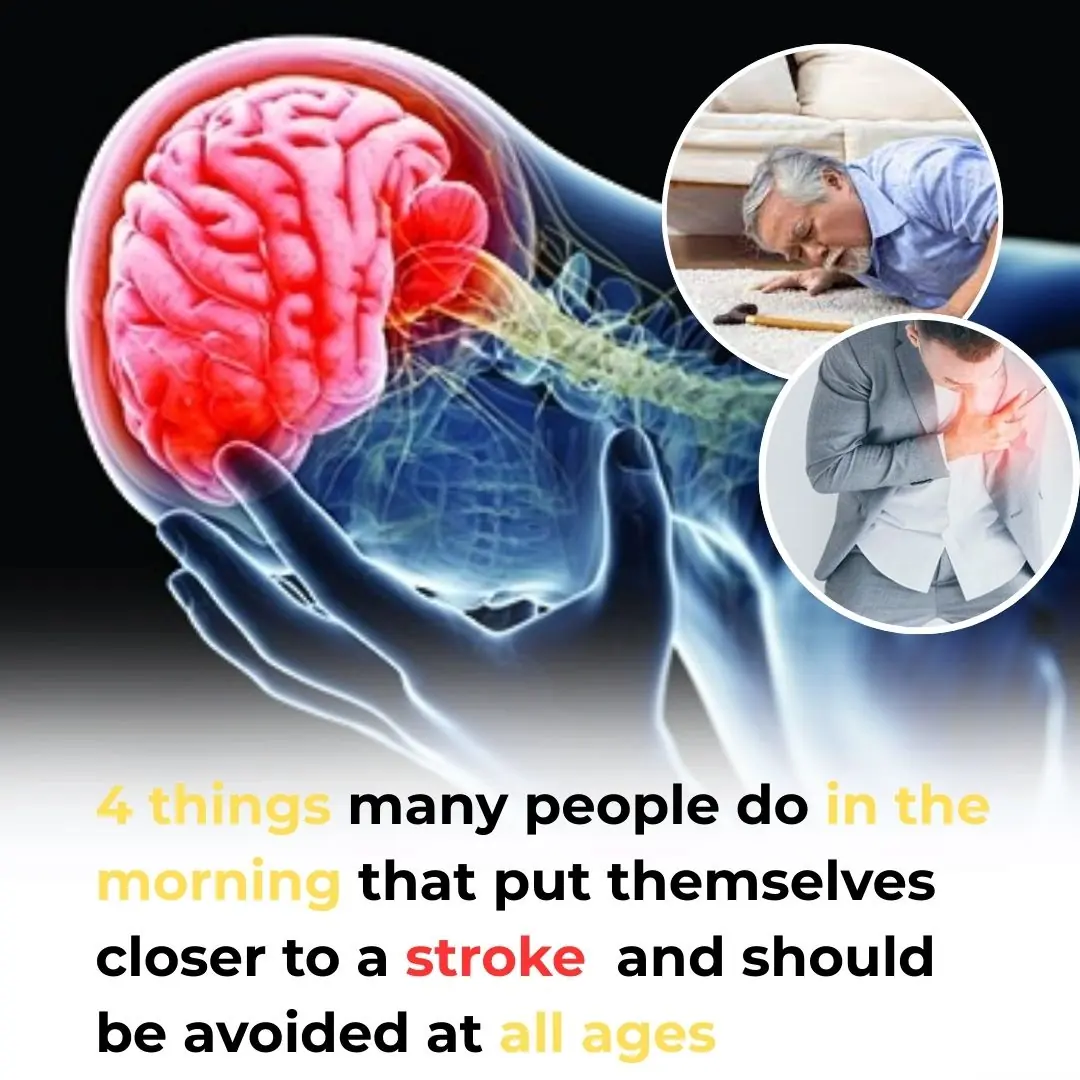
4 common morning habits that may increase your risk of stroke

This Herbal Tea Can Help with Diabetes, Liver Health, High Blood Pressure, and Poor Circulation
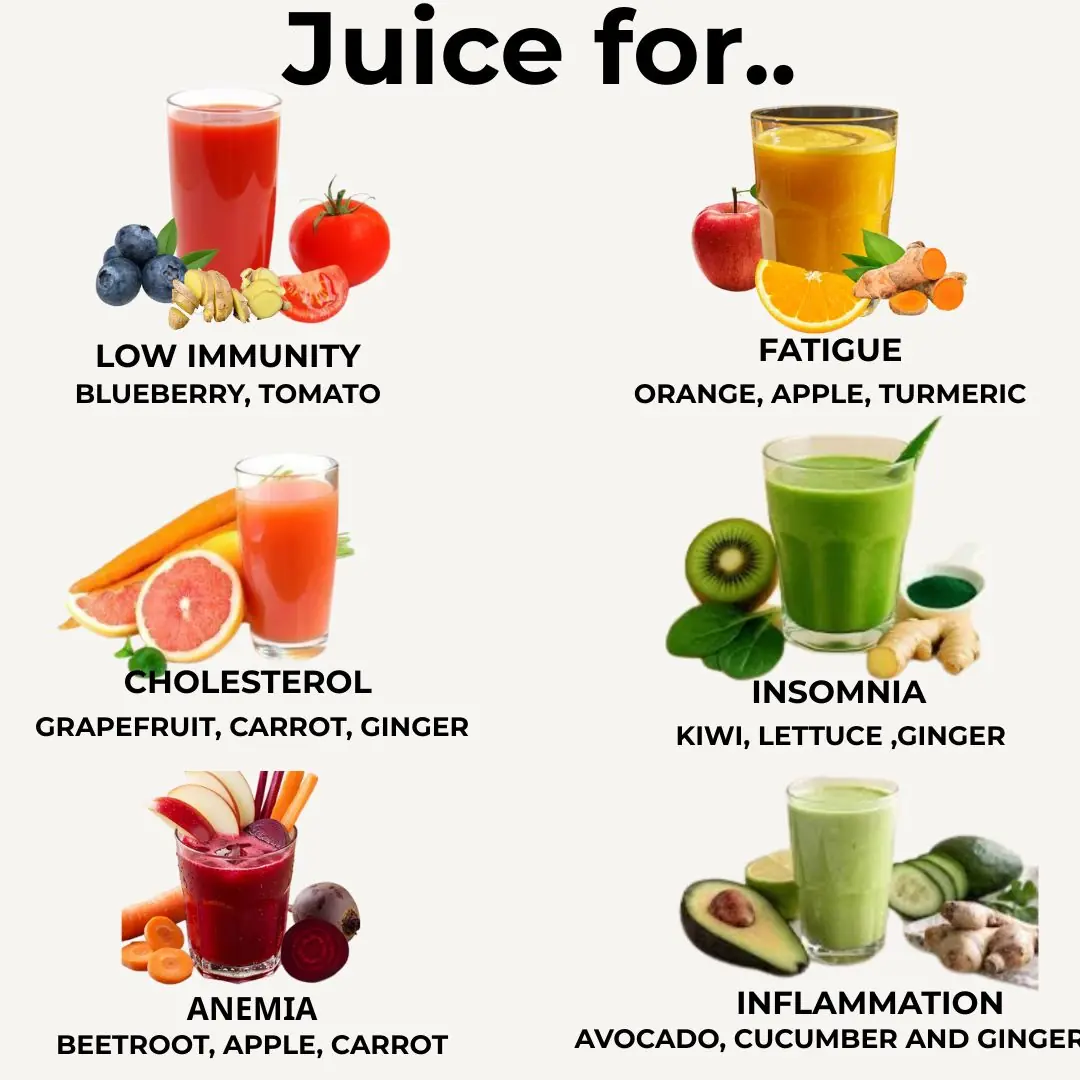
🍹 Boost Your Body Naturally: 6 Juice Recipes for Common Health Issues

Vitamin K Precursor Found to Target and Destroy Cancer Cells in Latest Research
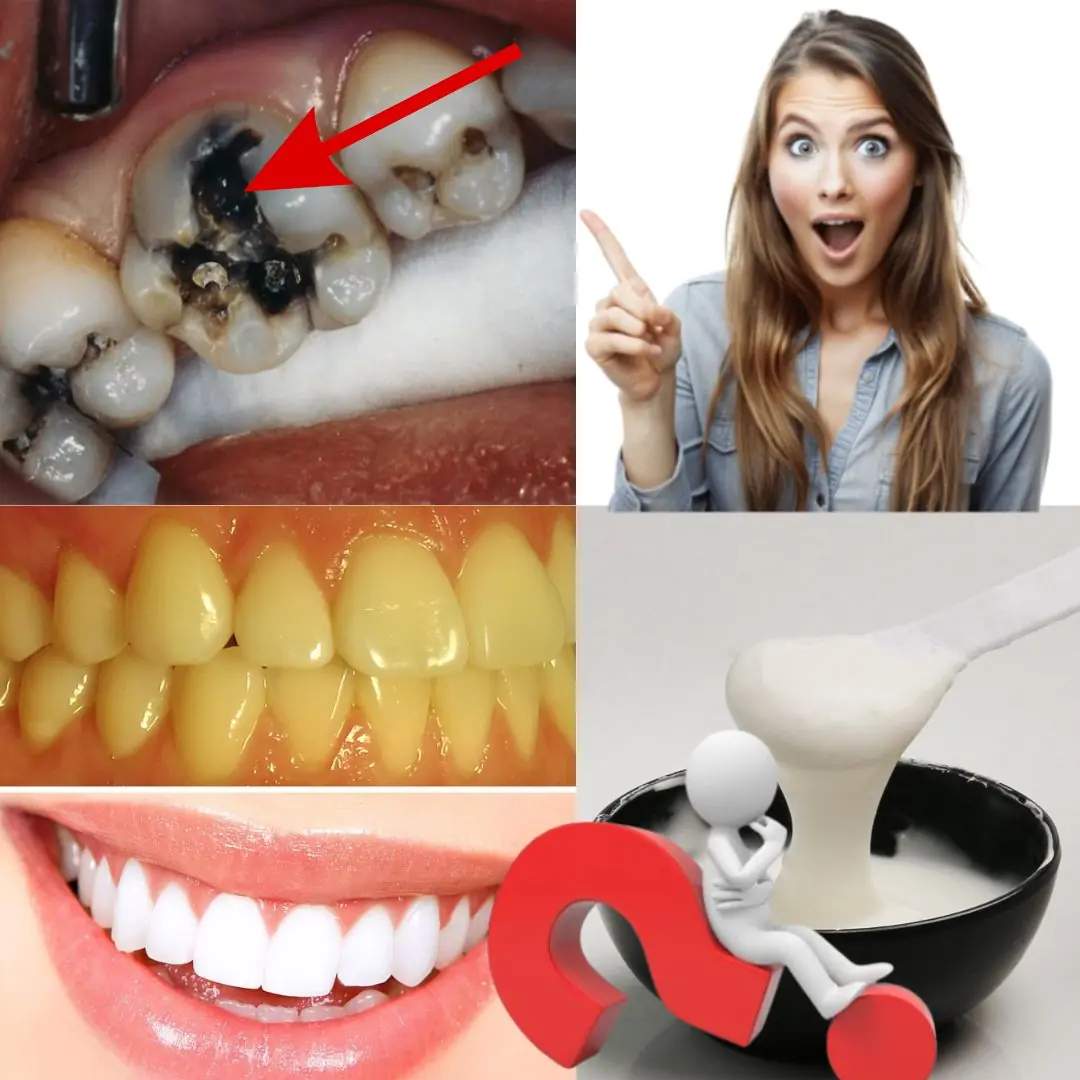
Naturally Reverse Early Tooth Decay: 6 Proven Tips to Strengthen Enamel and Fight Cavities!

The Beauty Benefits of a Coffee and Vaseline Face Mask: A Natural Wrinkle-Reducer?

30 Incredible Benefits of Dandelion: Nature’s Hidden Gem
News Post

How Sleeping on Your Left Side Can Boost Your Health, According to Science

Sleeping Naked: Surprising Health Benefits Backed by Science

Red Dots on Your Skin? Why You Shouldn’t Ignore These Early Signs of Scabies

10 Best Foods To Support Digestive and Gut Health
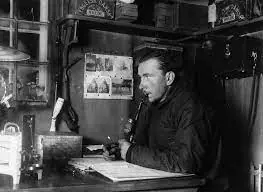
Alfred Wegener: The Scientist Who Was Laughed at in 1912—But Changed Earth Science Forever

10 Early Signs Your Body is Fighting Cancer

Shocking Discovery Beneath the Great Pyramid of Giza: Lost Advanced Technology?

Scientists Propose Cooling Earth By Spraying 12 Million Tons Of Particles From Boeing Jets

From Recycled Materials To Viral Fame: Teen’s Diy Lamborghini Replica Turns Heads

20+ Powerful Health Benefits of Corn Silk: How to Use It and Precautions to Know

The Amazing Health Benefits of Winged Beans
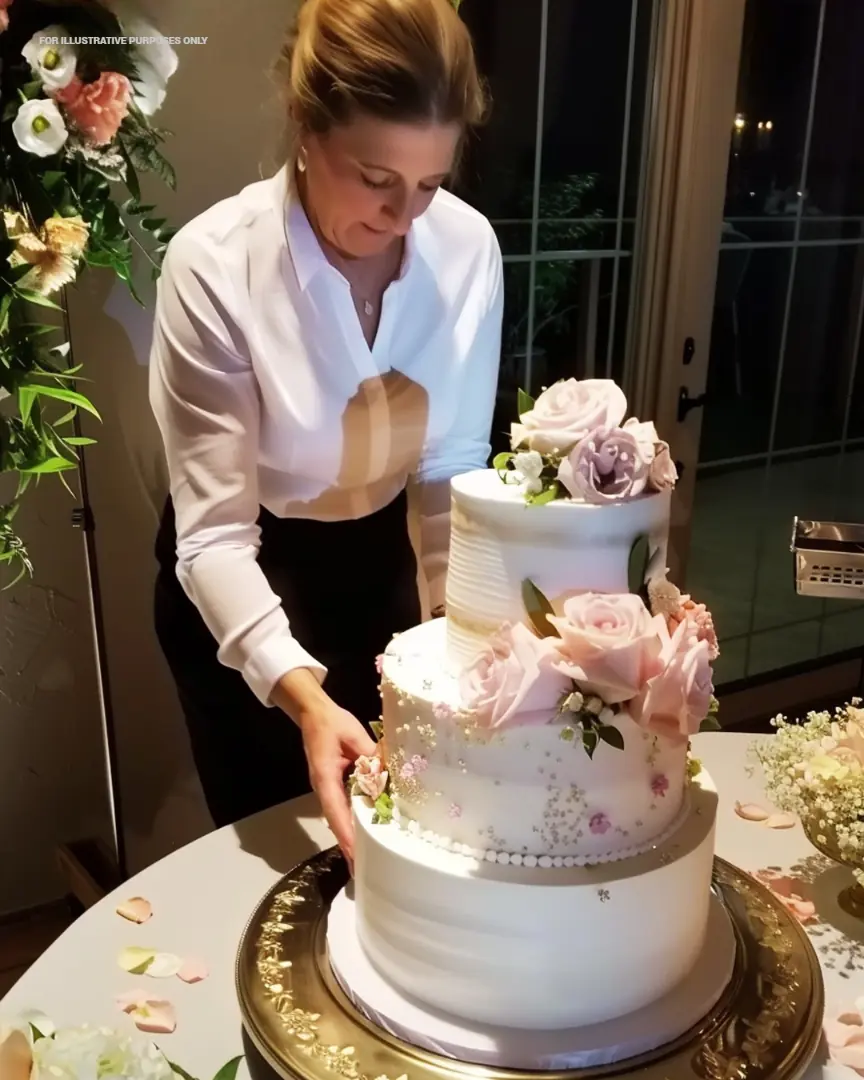
My MIL Mocked Me for Making My Own Wedding Cake – Then Took Credit for It in Her Speech

At My Sister's Wedding, My Son Grabbed My Hand and Whispered, 'Mom… We Need to Go. Now!' – What He Showed Me Changed Everything

I Visited My Sister, Was Shocked to See Who Her Fiancé Was, and Knew I Couldn't Let It Go That Easily

My New Neighbor Was the Perfect Man Next Door Until I Overheard His Plan Against Me
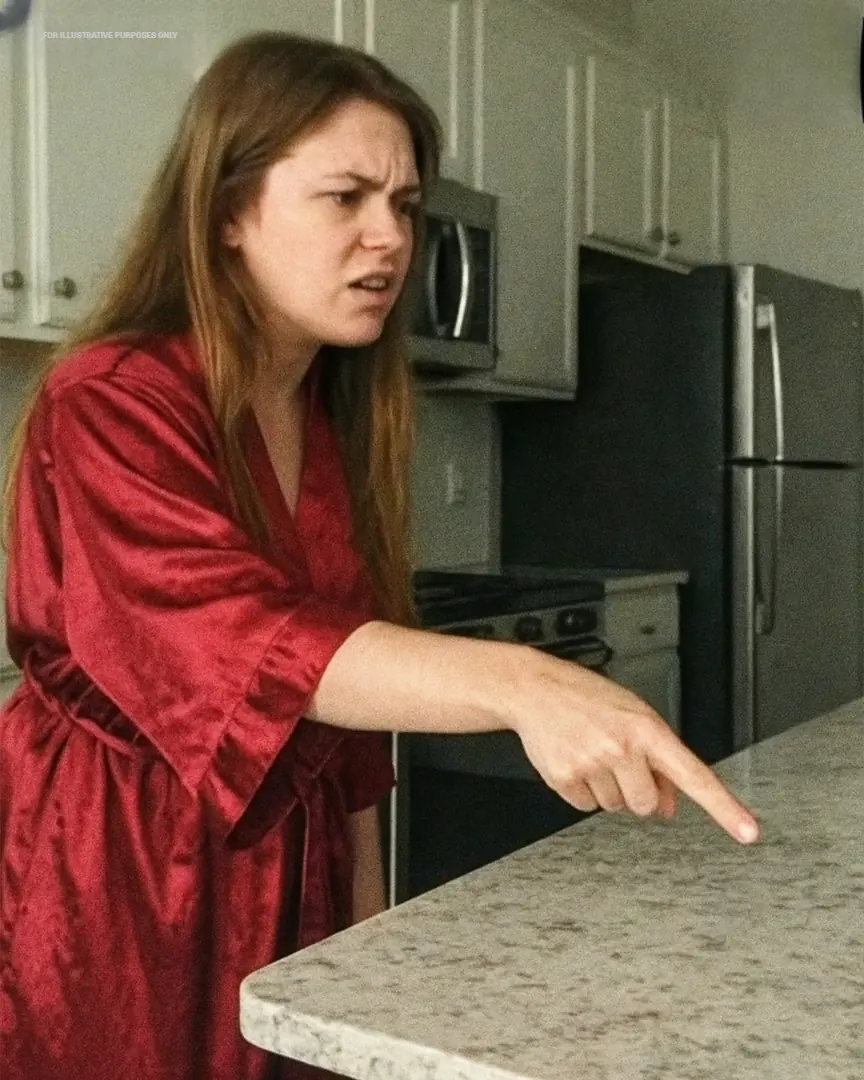
My Daughter-in-Law Threw Out Most of My Kitchen Utensils—So I Brought Her Back Down to Earth

5 Early Cancer Symptoms You Must Not Overlook

Sleeping on your left side affects your health in ways you would have never thought
